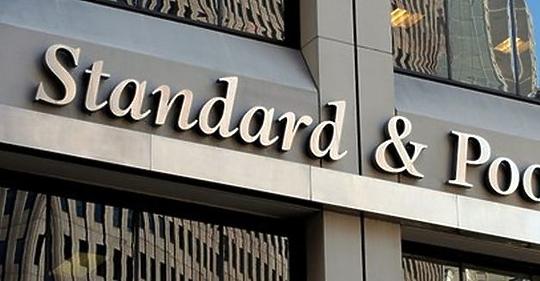The latest issue was released on February 12th by Standard & Poor’s and Fitch Ratings, with the same title at the same time and by chance: they confirmed Hungary’s rating on BBB with a “stable outlook” note. Even the headline and caption itself can mislead the unsuspecting reader. Credit rating agencies do not classify a country with a sovereign rating, but rather government issued debt instruments (“sovereign”), government bonds that are traded in international financial markets as a financial product.
Medium can also be set to Excellent
Thus the Triple A classification of the United States does not classify the American people, but does not even classify the American economy, at most referring to the latter; It answers the question of whether there is any risk in the foreseeable future of fulfilling promises of repayment by the US state. American AAA rating is the best; Everyone who invests their savings in such government securities (or in Germany, Switzerland, the Netherlands and Norway) bears no repayment risk. In fact, neither British nor Czech government bonds are expected to be in trouble either: they’ve been given an AA rating. Slovak A and Polish A are not bad; If Triple A corresponds to the school’s fifth star, then the latter can be said to be the fourth category. To do this, we need to measure the Hungarian rating (government securities risk), which is average, for example.
What does “stable horizons” say in the title? Then government propaganda suddenly discovers the importance of credit rating agencies: well, it also believes in a safe and stable outlook for the Hungarian economy. Whereas, “Outlook: Graded / Stable / Negative” differs: an indication of whether the credit rating agency is about to change its current rating in the near future. Thus, the comment on the positive outlook indicates in this context that in the event of further favorable developments in factors and trends in the textual evaluation, the rating is expected to be raised above the next review.












































